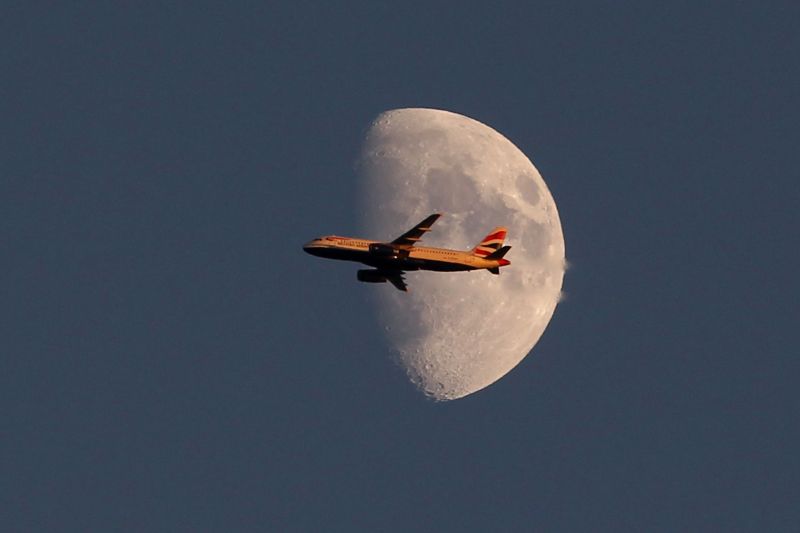Understanding Airline Fees: A Comprehensive Guide
Airline fees have become a prevalent aspect of air travel, impacting the overall cost of flying. Even some of the most accommodating airlines have ceased to absorb the costs of essentials such as printing boarding passes or providing meals. A notable example is American carrier JetBlue, which recently initiated fees for checked bags. Travel journalist Joe Brancantelli, who operates the website JoeSentMe, indicates that this trend is unlikely to cease anytime soon.
“I think it comes down to this: Airline executives are convinced you pay too little for transport from point A to point B. Consequently, they enhance their fare structures with numerous extra fees,” he notes.
TSA Fees
One of the most frustrating fees for travelers is the TSA security fee imposed by the U.S. government. This fee was introduced post-9/11 at a moderate rate of $2.50 per journey leg. However, this fee more than doubled last year, ostensibly not only for increased security measures but also as a way to combat the U.S. federal deficit.
“Air carriers were dissatisfied with this change last year,” recalls Alexandria Williams, a spokeswoman for FareCompare. Industry groups like Airlines for America and the International Air Transport Association voiced their concerns, but unfortunately, most of these fees have been passed on to passengers.
Fuel Charges
Fuel charges have emerged on international flights nearly a decade ago, causing confusion among passengers who were enticed by a reasonable base fare, only to find out that this additional charge nearly doubled the ticket price. Initially, the “fuel surcharge” was introduced to help airlines offset high oil prices. However, even as oil prices have dropped, this fee persists. Many airlines have even rebranded this fee, now often referred to as an “airline surcharge” or a variation of “carrier-imposed fee.”
Brancantelli criticizes the lack of clarity surrounding these charges. “Airlines worldwide need to provide better transparency regarding fare breakdowns,” he states.
Budget Airlines and Service Fees
Budget airlines increasingly charge for services that were once complimentary, such as seat assignments and boarding passes. A standout example is the Irish budget carrier RyanAir, which charges an extra $108 for airport check-in. Additionally, passengers may need to pay an extra $25 simply to choose their seat.
“Airlines are generating significant profits through fees, and they are continually seeking new avenues to increase this revenue,” notes Williams.
Administrative Fees
Travelers may also encounter mysterious administrative fees accompanying the advertised base fare on international flights. According to Brancantelli, these fees primarily cover costs related to maintaining an airline’s website.
Credit Card Charges
As credit card transactions become the standard for ticket purchases, airlines are charging extra fees for the convenience of using a credit card. These fees can vary; some carriers apply a flat rate (for instance, both Air France and American Airlines charge $7 for bookings made in the UK), while others apply a percentage (Flybe adds an extra 3% per ticket when booked from the UK).
Williams advises that while these fees can be avoided, it often requires additional effort. “Travelers must go to the airport to make their reservations in person,” she cautions. Alternatively, passengers can make arrangements over the phone, although that often incurs a fee as well.
Agricultural Fees
Lastly, passengers also contribute to keeping the skies safe from agricultural diseases through the agriculture fee. This fee, obligatory on all international flights landing in the U.S., supports the U.S. Animal and Plant Health Inspection Service in its mission to “defend America’s animal and plant resources.”




